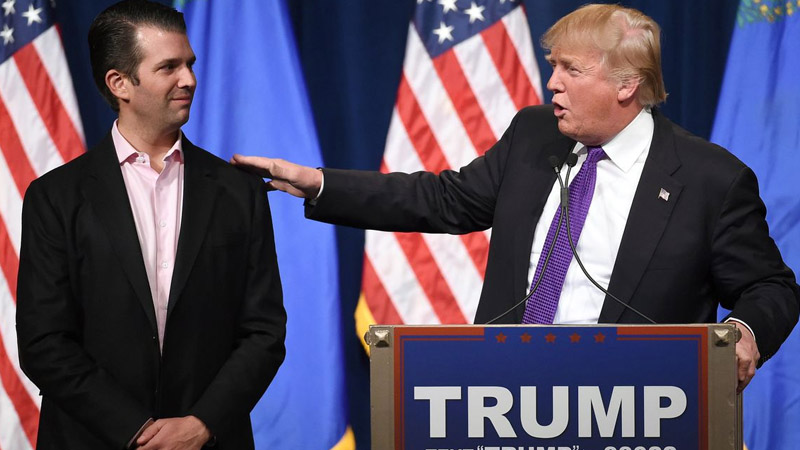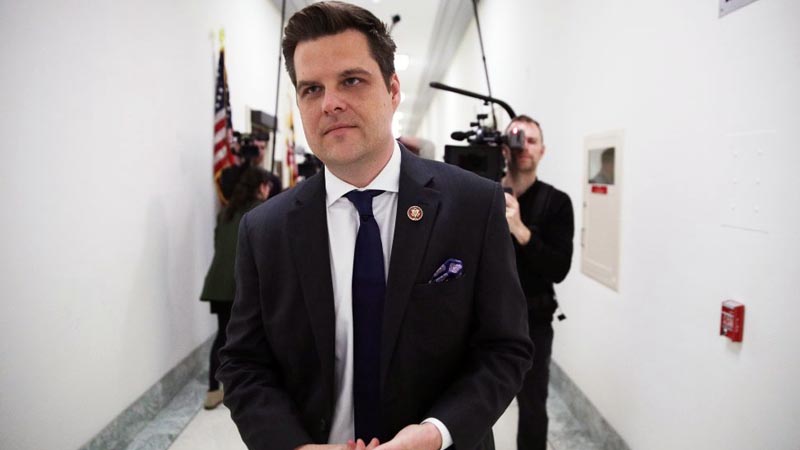Trump Allies Under Scrutiny in Podcast Discussion with Peter Strzok

(Ethan Miller/Getty Images)
In a revealing episode of the “Clean-up on Aisle 45” podcast hosted by legal analyst Allison Gill, former FBI agent Peter Strzok shared insights into the figures surrounding Donald Trump, particularly focusing on Don Hankey and Allen Weisselberg.
Hankey, known for his insurance company’s role in securing a bond for Trump amidst a fraud case, and Weisselberg, the former CFO for Trump who recently returned to Rikers Island for a five-month sentence due to perjury, were the subjects of a critical discussion.
Strzok expressed skepticism about the motivations behind the support these individuals have shown Trump, suggesting that their actions were not driven by altruism but rather self-interest. Specifically, he labeled Hankey as benefiting from the arrangement that saw his company, Knight Specialty Insurance Company, step in to bond Trump during his fraud trial appeal.
Strzok did not mince words when it came to describing Hankey, using the term “scumbag” to underscore his disapproval. This harsh assessment was informed by a Daily Beast investigation that highlighted Hankey’s legal troubles with the Department of Justice.
The report detailed how Hankey’s business practices violated the Servicemembers Civil Relief Act by engaging in predatory lending against military members and subsequently illegally repossessing their vehicles. Gill added to the condemnation by noting the deceptive tactics employed by Hankey’s company, such as masquerading as flower delivery personnel to locate and repossess vehicles from borrowers.
The conversation then shifted to Weisselberg’s legal woes and his problematic testimony regarding the size of Trump’s New York penthouse. Weisselberg’s insistence, under oath, that he had not focused on the apartment’s dimensions was directly contradicted by email evidence, casting doubt on his credibility and complicating his potential role as a defense witness in Trump’s impending hush money trial.
Strzok speculated that the legal entanglements of Trump’s associates, particularly the lawyers involved in the fraud case, could lead to broader investigations by bar associations. He hinted that Weisselberg’s legal troubles might only be the beginning of a series of repercussions for those closely aligned with Trump.
Gill pondered the implications of Weisselberg’s recent decision to part ways with attorney Alina Habba, who has also represented Trump. Despite no clear indications of Weisselberg altering his stance or turning against Trump, the move raises questions about the internal dynamics and potential strategies within Trump’s legal circle.
This podcast episode peeled back layers of the complex legal and ethical issues surrounding Trump and his associates, revealing a web of self-interest, deception, and potential legal ramifications that extend beyond the individuals directly involved.


